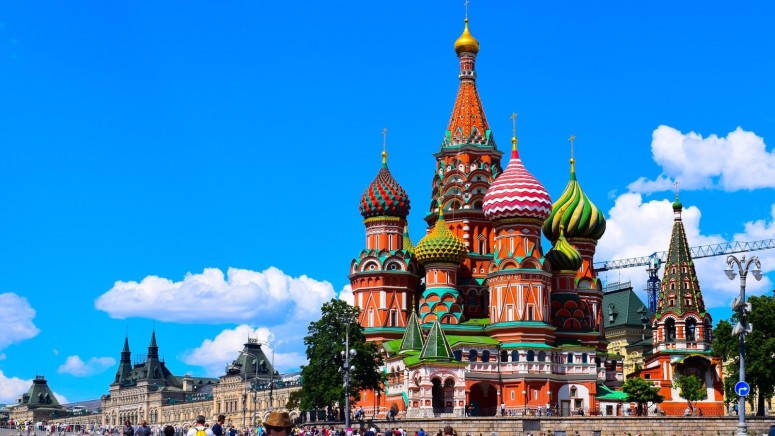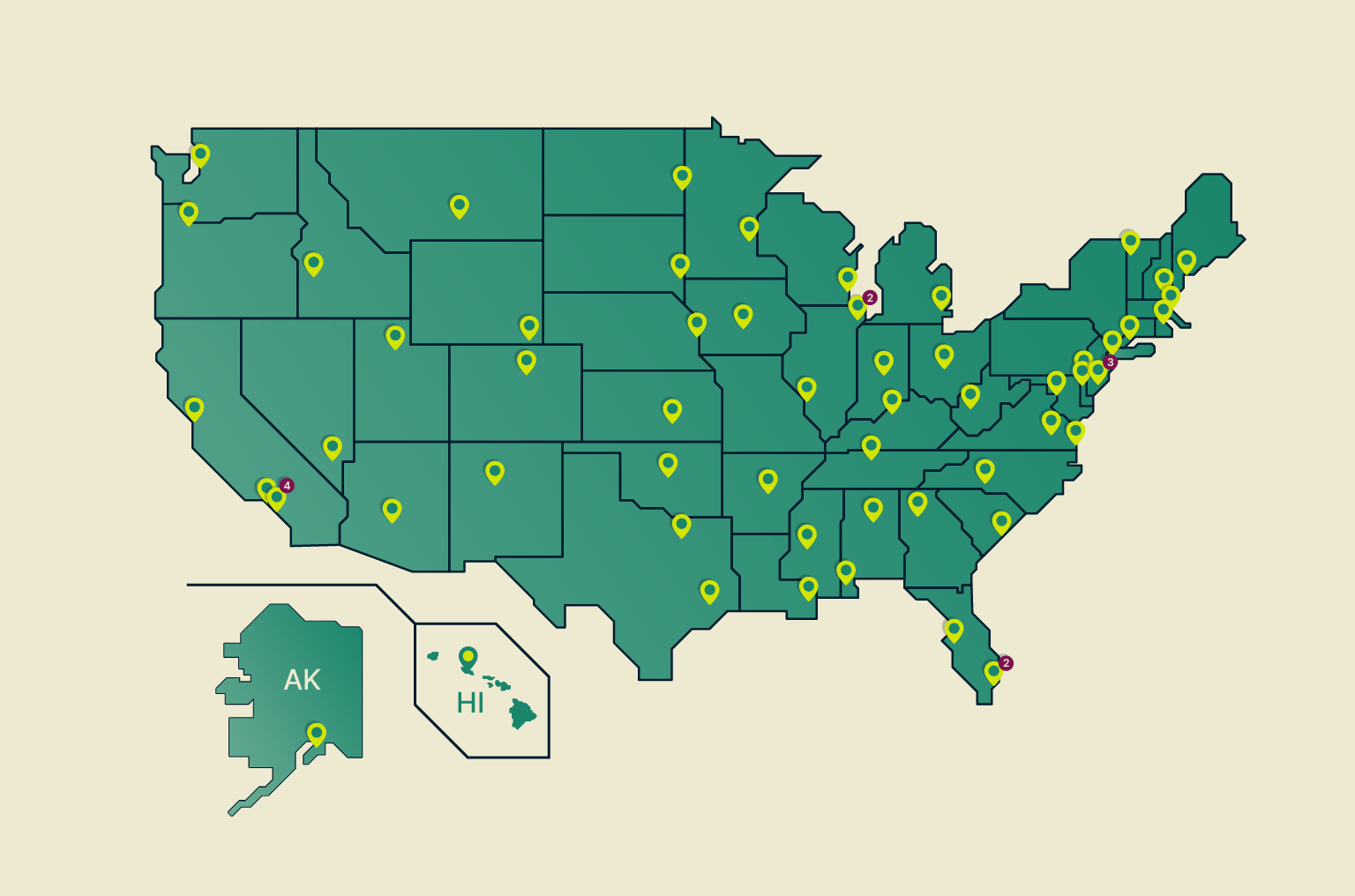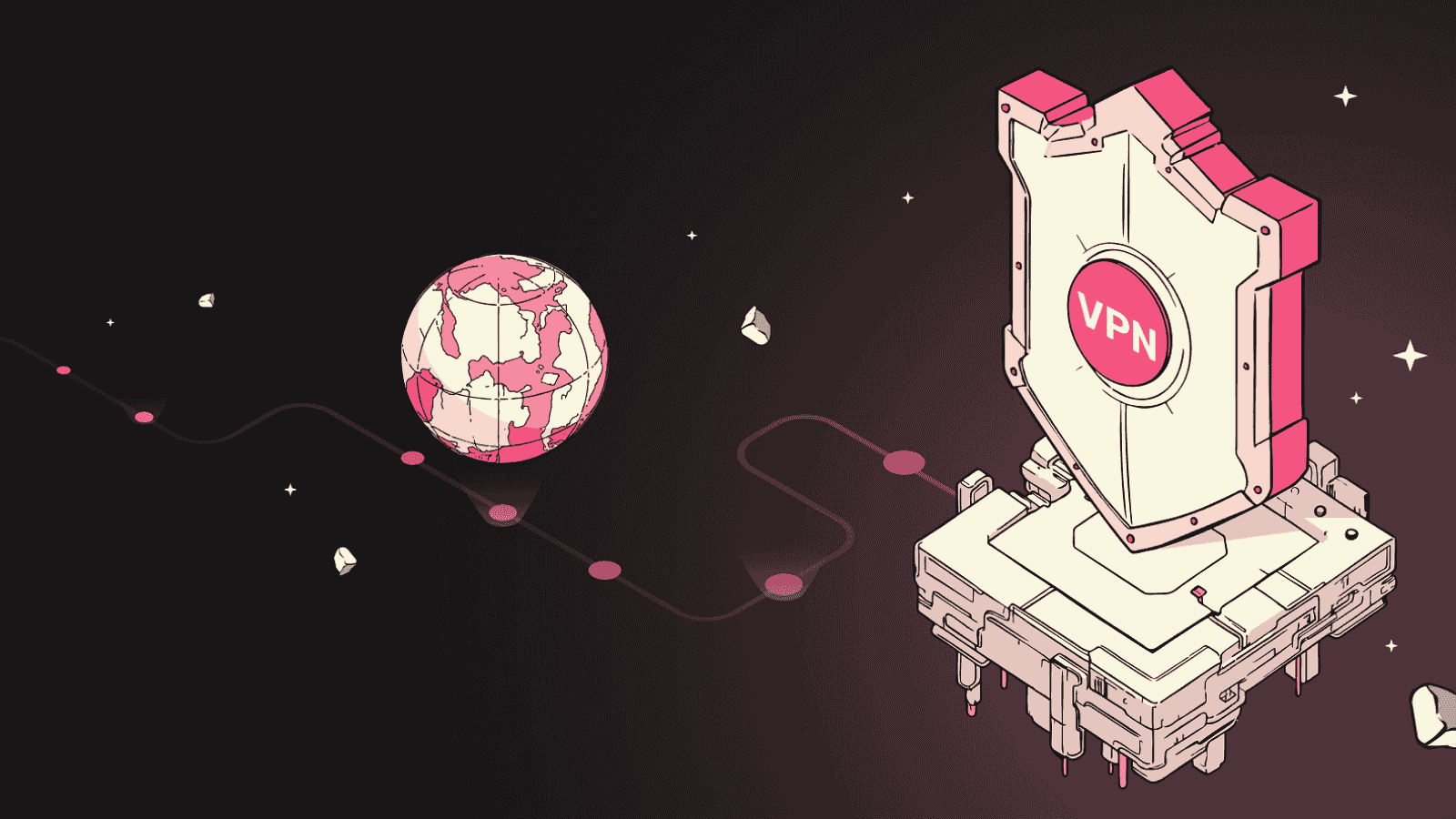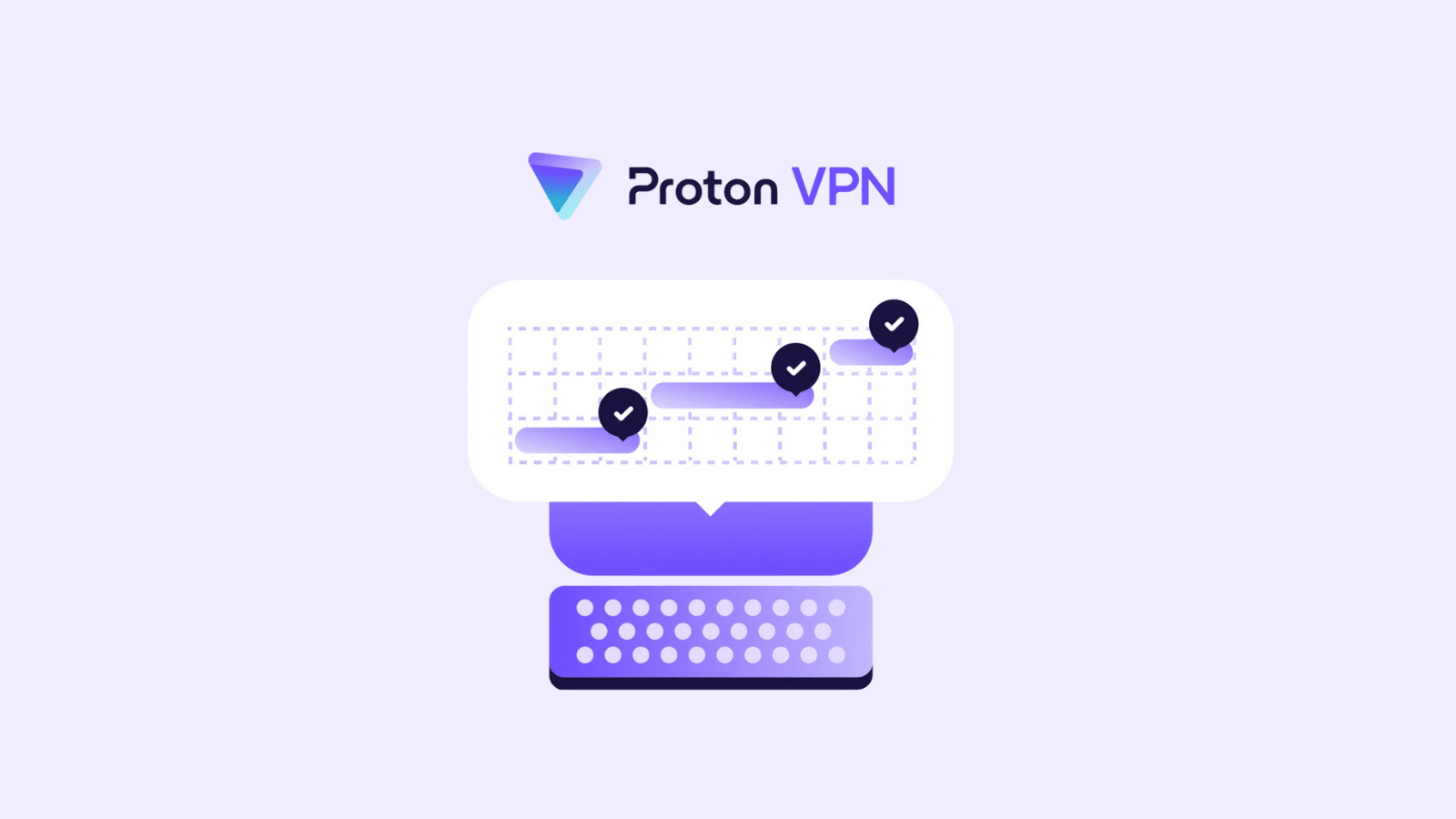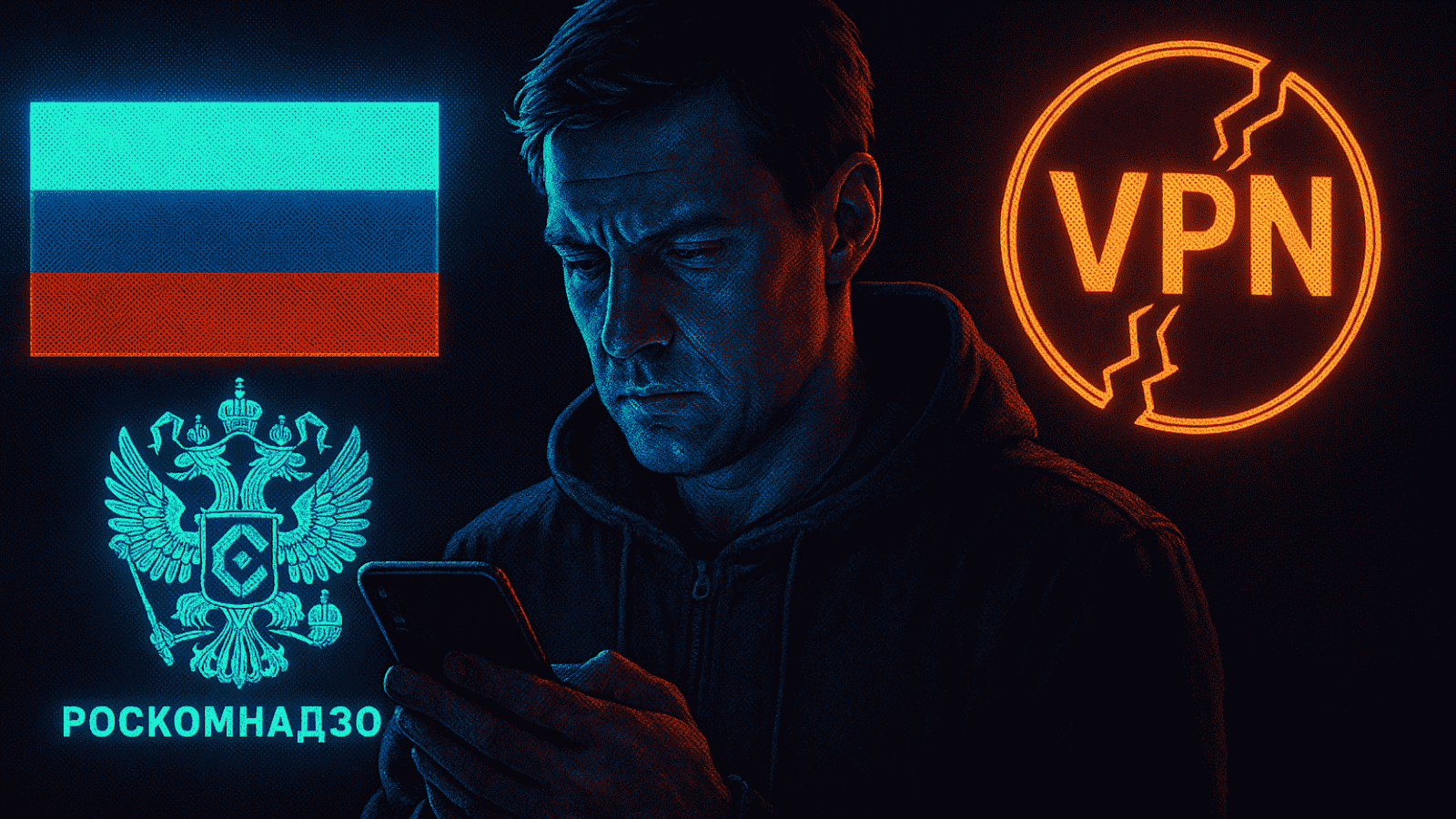
When you purchase through links on our site, we may earn an affiliate commission. Here’s how it works.
Russia’s Internet Censorship Campaign Intensifies Causing a Spike in VPN Usage
- Russia is trying to block access to media outlets and social media sites.
- Internet users in Russia are once again forced to turn to VPN services.
- We advise caution when choosing a VPN, as not many of them work reliably.
Not long after Russia attempted to put social media networks under control in the wake of its aggression towards Ukraine, the country’s authorities have turned their attention to media outlets. On February 24, the country’s executive agency for monitoring and controlling mass media (Roskomnadzor) published a warning on its website, informing media outlets to rely on “official information sources” only, as a way to prevent “the dissemination of false information on the Internet.”
Only a few days later, the agency went a step further and pointed to a group of independent media outlets, threatening them with an administrative fine in the amount of up to 5 million rubles. Those outlets are Ekho Moskvy (Эхо Москвы), InoSMI (ИноСМИ), Mediazona (Медиазона), New Times (Новое Время), Dozdh (Дождь), Svbodnaya Pressa (Свободная Пресса), Krym.Realii (Крым.Реалии), Novaya Gazeta (Новая Газета), Journalist (Журналист), and Lenizdat (Лениздат).
Most of those media outlets were previously designated by the Russian authorities as “foreign agent” media. That tells us the latest legal threats are another tool in the Russian government’s arsenal aimed at imposing Internet censorship. As such, Internet users across the country are left with fewer options in terms of turning to information, especially related to sources not approved by the Russian government.
As ‘Human Rights Watch’ reports, Russia is a party to the International Covenant on Civil and Political Rights and the European Convention on Human Rights. However, instead of protecting the rights to freedom of opinion and expression, the country is turning to very rigorous and problematic Internet censorship, pushing a government-approved agenda across all fronts.
With that said, it doesn’t come as a surprise that demand for VPNs in Russia is on the rise. However, the country’s relationship with VPN services has become strained during the last couple of years.
In 2019, Russia threatened to ban VPN services that refuse to block access to websites not aligned with the government’s agenda. And last year, we saw a number of reputable VPN services being targeted by Roskomnadzor. That happened first to VyprVPN and Opera VPN. And then, VPNs such as ExpressVPN, NordVPN, and IPVanish encountered the same fate.
As a response, those VPNs removed their Russian servers, which means they can still be used to bypass the government’s censorship by allowing users to connect to non-Russian servers.
If you’re currently looking for a reliable VPN, turn to our guide on the best VPNs for Russia. You will see that our #1 recommendation is ExpressVPN, which still comes as the best option to bypass Internet censorship and all kinds of digital roadblocks. Being one of the few VPNs capable enough to work even on restricted networks, ExpressVPN is truly a fantastic option.
We’ll also add that ExpressVPN works on practically any device. Whether you use a computer, smartphone, tablet, or any other device to connect to the Web, this VPN offers native software that will get the job done. With that said, you’ll also want to check our central guide on setting up ExpressVPN, where we covered more than 60 devices.
Of course, your options don’t end with ExpressVPN. If you need additional recommendations, here are the best VPNs overall (all of which were tested hands-on by our team). However, make sure to pick a VPN that provides solid protocols (such as OpenVPN), high-end encryption (such as AES-256), and a no-logs policy. That’s the only way to connect to the Web safely, making sure no one tracks your digital whereabouts.

